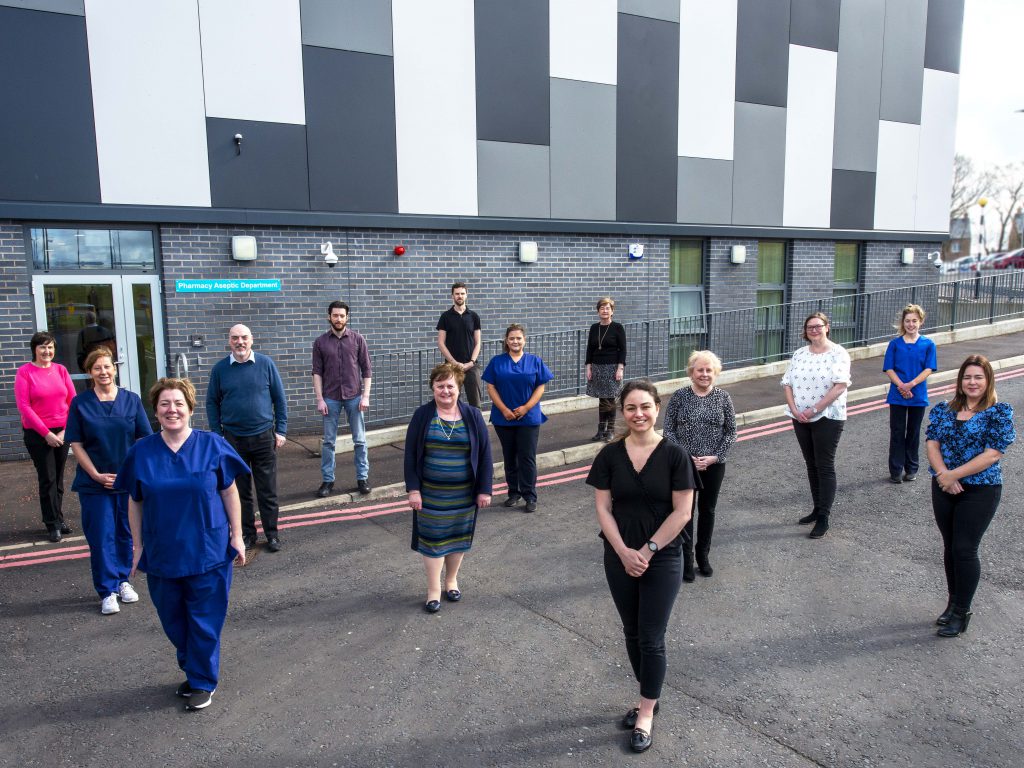1st April 2021
The Southern Trust would like to thank all the health and social care staff who have volunteered to take part in a major national study exploring immunity to COVID-19.
With recruitment to the project now closed, 280 staff are now taking part in the year-long ‘SIREN’ (SarsCoV2 Immunity and Reinfection Evaluation) study. Participants are providing regular swab and blood samples which are being monitored to see if having been exposed to COVID-19 prevents future infection
The Trust is making a significant contribution to international COVID-19 research, having recruited hundreds of participants for a range of COVID-19 clinical trials and studies.
The SIREN study is being delivered across the UK in collaboration with Public Health Agencies in Northern Ireland, England, Scotland and Wales. The Southern Trust was the first in Northern Ireland to open the study in November 2020, with a target to recruit 250 participants.

Leading the project for the Trust is Dr Angel Boulos, Consultant Microbiologist explains:
“As COVID-19 is a new disease caused by the novel virus SARS-CoV-2, we have much to learn about how our immune system responds to it. By following healthcare workers who are at greater risk of exposure, we hope to answer some of our many questions for example, if you had COVID-19, can you be infected again, or how long might you be protected by antibodies and can you continue to transmit to others. We also want to explore trends in who may be more or less affected, for example by age or ethnicity and hopefully enrich information around how effective the vaccine is.
“Preliminary findings are showing that if you have been infected by COVID-19 you will have some immunity, but we are uncertain how long this will last. Crucially, even if you have been infected, we are finding that you can still pass on the virus to someone else so it is absolutely essential that we all continue to wear face coverings, keep our distance and wash your hands regularly.
“We are absolutely delighted with the response from local health and social care staff who have volunteered to take part in this research. This study wouldn’t be possible without the dedication of the research team and the enthusiasm of so many of our colleagues to help us understand COVID-19 better. Hopefully these findings will contribute to improving treatments, outcomes and survival rates from COVID-19 into the future.”




